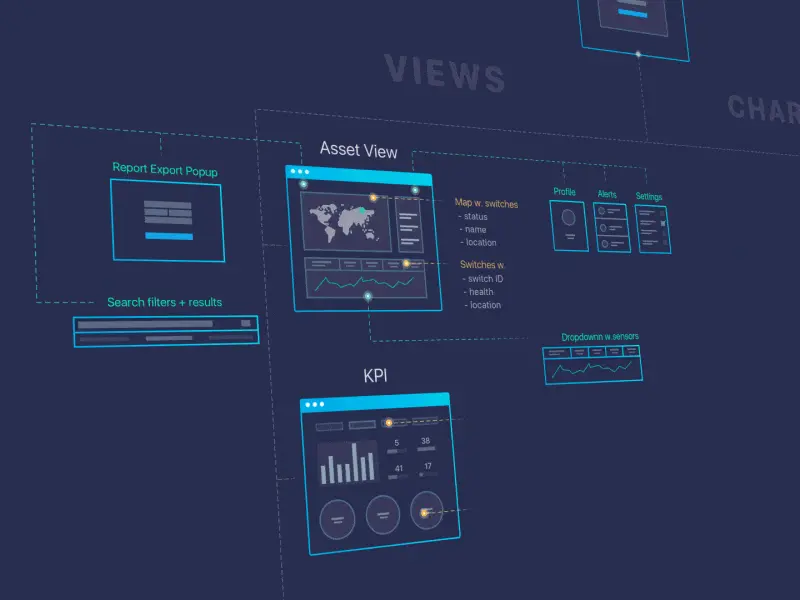
WEB APPLICATION (WEB APP)
A Web application (Web app) is an application program that is stored on a remote server and delivered over the Internet through a browser interface. Web Services are Web apps by definition and many, although not all, websites contain Web apps. According to Web.AppStorm editor Jarel Remick, any website component that performs some function for the user qualifies as a Web app.
Web applications can be designed for a wide variety of uses and can be used by anyone; from an organization to an individual for numerous reasons. Commonly used Web applications can include webmail, online calculators, or e-commerce shops. Some Web apps can be only accessed by a specific browser; however, most are available no matter the browser.


Web applications do not need to be downloaded since they are accessed through a network. Users can access a Web application through a web browser such as Google Chrome, Mozilla Firefox or Safari.
For a web app to operate, it needs a Web server, application server, and a database. Web servers manage the requests that come from a client, while the application server completes the requested task. A database can be used to store any needed information. Web applications typically have short development cycles and can be made with small development teams. Most Web apps are written in Javascript, HTML5, or Cascading Style Sheets (CSS). Client-side programming typically utilizes these languages, which help build an applications front-end. Server-side programming is done to create the scripts a Web app will use. Languages such as Python, Java, and Ruby are commonly used in server-side programming.
Web Application VS Other Application Types
Within the mobile computing sector, Web apps are sometimes contrasted with native apps, which are applications that are developed specifically for a particular platform or device and installed on that device. However, the two are not mutually exclusive. Native applications are applications typically downloaded and made specifically for the type of device it is downloaded on. Native apps can commonly make use of the device-specific hardware, such as a GPS or camera on a mobile native app.
Programs that combine the two approaches are sometimes referred to as hybrid applications. Hybrid apps work similar to a Web app but are installed to the device as a native app would be. Hybrid apps can also take advantage of device-specific resources by using internal APIs. Downloaded native apps can sometimes operate offline; however, hybrid apps don’t have this functionality. A hybrid app will typically share similar navigation elements are a Web app since they are based on Web apps.